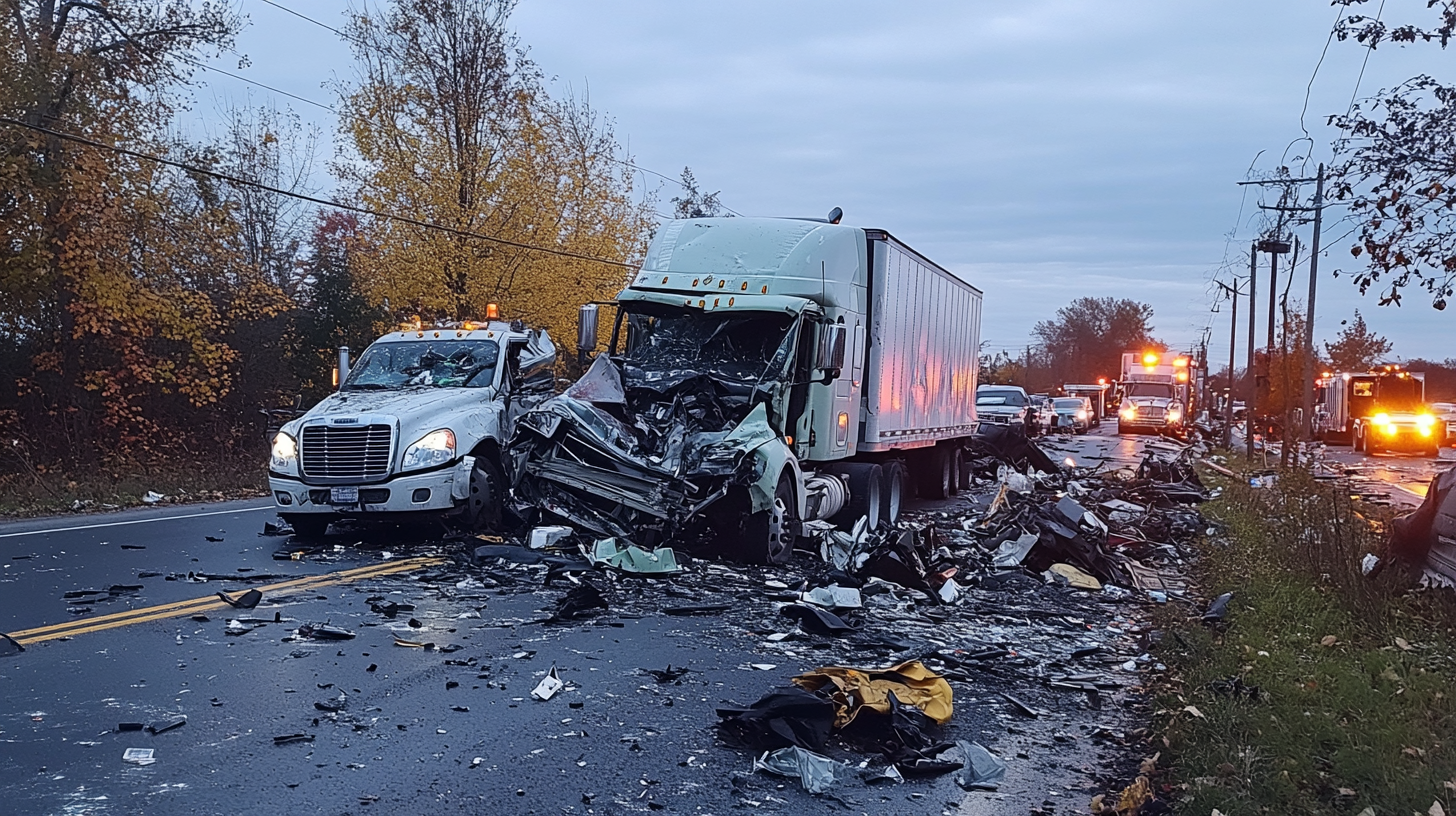The Importance of Preserving Evidence in Personal Injury Cases
Personal injury cases can be complex and often hinge on the quality and availability of evidence. When you've been injured due to someone else's negligence or misconduct, preserving evidence is crucial to building a strong case and seeking the compensation you deserve. Walker Injury Law, based in Enfield, CT, understands the critical role that evidence plays in personal injury claims. In this article, we will explore why evidence preservation is so vital and provide valuable tips on how to gather and protect evidence immediately after an accident.
The Significance of Evidence in Personal Injury Cases

In the realm of personal injury law, evidence plays a crucial role in building a strong case. It serves as the foundation that substantiates your claims, establishes liability, and determines the extent of damages you may be entitled to. The specific types of evidence may vary depending on the nature of your injury and the circumstances of the accident. Nonetheless, evidence preservation holds paramount importance for several key reasons.
Firstly, establishing liability is one of the primary objectives in a personal injury case. Evidence is used to prove that another party was negligent or at fault for the accident. By demonstrating that the responsible party breached their duty of care, the liability can be established.
Secondly, determining damages is crucial for securing fair compensation. To support your claim for compensation, you must present evidence that clearly outlines the extent of your injuries, medical expenses, lost wages, pain and suffering, and any other damages incurred as a result of the accident.
Additionally, evidence can help counteract any claims or counterarguments made by the opposing party or insurance company. Strong evidence strengthens your position and credibility, making your case more robust.
Furthermore, convincing evidence can be a powerful tool during negotiations for settlements in personal injury cases. It can exert pressure on the other party to offer a fair settlement, as they are aware of the strength of your case.
Lastly, if your case goes to trial, the evidence will be presented to the judge and jury. The effectiveness of your evidence can significantly impact the outcome of the trial, making it vital to present compelling and persuasive evidence.
Evidence preservation is of utmost importance in personal injury law. It establishes liability, determines damages, counters opposing claims, aids in negotiations, and supports your case during court proceedings.
Types of Evidence in Personal Injury Cases

Evidence in personal injury cases can take various forms, including:
- Photographs and Videos: Visual evidence of the accident scene, injuries, property damage, and contributing factors can be invaluable. Always take pictures and videos if possible.
- Eyewitness Statements: Statements from individuals who witnessed the accident or its aftermath can provide crucial testimony to support your claims.
- Medical Records and Bills: Comprehensive medical records and invoices detailing your injuries, treatment, and associated costs are essential to prove your medical expenses.
- Employment Records: Documentation of lost wages, work restrictions, or any employment-related impacts caused by your injuries can help calculate your economic damages accurately.
- Police Reports: If law enforcement responded to the accident, their official report can contain vital information, including statements from involved parties and any citations issued.
- Expert Testimony: Expert witnesses, such as medical professionals or accident reconstruction specialists, can provide professional opinions that lend credibility to your case.
- Surveillance Footage: In some cases, surveillance cameras in public areas or on private property may have captured the accident or events leading up to it.
Preserving Evidence: Tips and Guidelines
To ensure that you have the strongest possible case, it is essential to act swiftly to gather and preserve evidence following an accident. Here are some crucial tips on how to do so effectively:
- Document the Scene: If it's safe to do so, take photographs and videos of the accident scene, including any hazards, damage, or contributing factors. Capture both wide-angle and close-up shots.
- Obtain Witness Information: Collect the names and contact information of any witnesses to the accident. Their statements can be vital in corroborating your account of events.
- Seek Immediate Medical Attention: If you are injured, it is important to seek medical treatment promptly. Comprehensive medical records will document the extent of your injuries and the treatment received.
- Preserve Physical Evidence: If there are physical objects related to the accident, such as damaged clothing, a defective product, or a faulty piece of equipment, keep them in a safe place.
- Do Not Discuss the Case: Avoid discussing the details of your case with anyone other than your attorney. Statements made to others, especially on social media, can be used against you.
- Consult with an Attorney: Reach out to a personal injury attorney as soon as possible after the accident. They can guide you on evidence preservation and help navigate the legal process.
- Retain Records and Documentation: Keep all relevant documents, such as medical bills, prescriptions, repair estimates, and correspondence with insurance companies.
- Act Quickly: Time is of the essence in evidence preservation. Surveillance footage may be overwritten, witnesses' memories may fade, and physical evidence may deteriorate or become lost.
Preserving evidence is a critical aspect of building a successful personal injury case. Whether you've been injured in a
car accident, a
slip and fall incident, or any other type of accident, the evidence you gather and protect immediately after the event can significantly impact the outcome of your claim. By following the guidelines provided here and seeking legal representation from an experienced
personal injury attorney like Walker Injury Law, you can maximize your chances of securing the compensation you deserve. Remember that a dedicated attorney can help you navigate the complexities of evidence preservation and build a compelling case on your behalf.
Call us today at
(860) 789-1000 or
request a consultation>
Contact Walker Injury Law
Call
(860) 789-1000
Injured? Contact our team today to schedule a free case consultation.
Walker Injury Law Personal Injury Attorney Practice Areas
Share Article
Recent Articles



